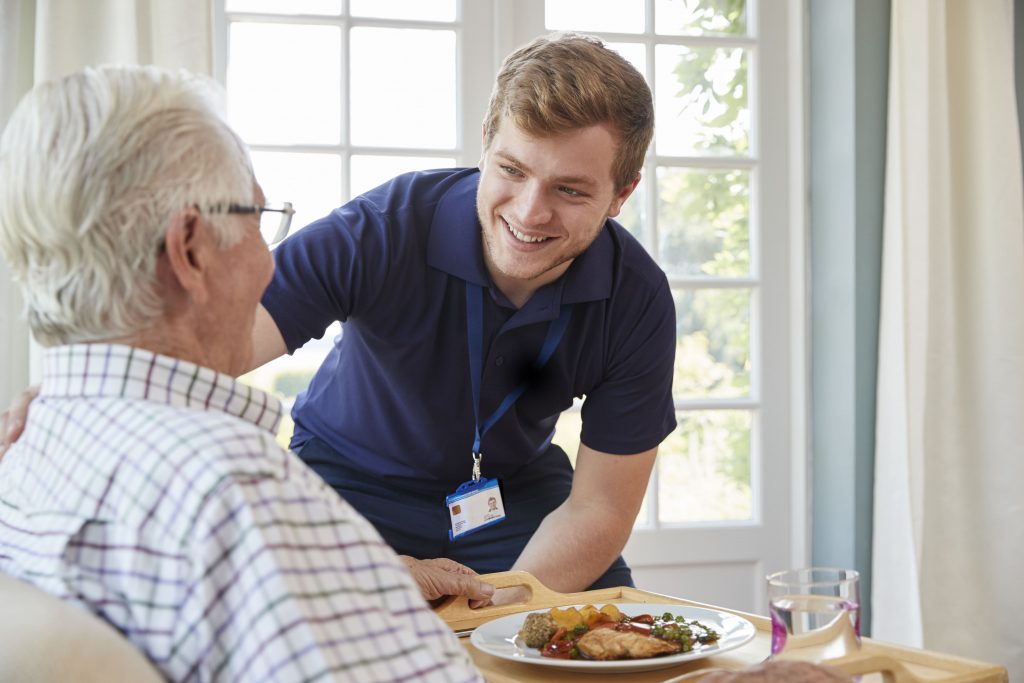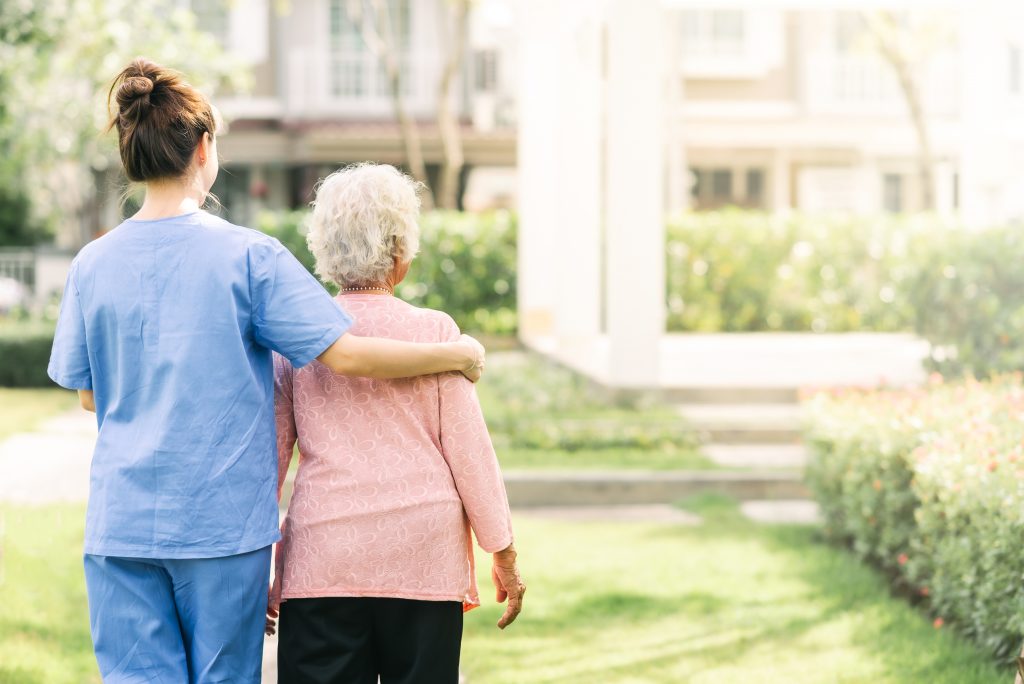Housing options for the elderly
For older people, there may come a time when it is no longer safe or secure for them to live alone in their home. There might be concerns about mobility or general safety that arise from living by themselves. Consequently, it may be time to explore some of the options for housing elderly people in safe and comfortable environments that offer them a good quality of life and a high standard of living. So, what options are available for the elderly?
Sheltered housing
For elderly people who are still able to live fairly independently but require some extra levels of support, sheltered housing provides a good combination. It can give an elderly person the freedom to still take care of themselves whilst simultaneously providing reassurance and peace of mind that they have help and support if and when required. For example, in the case of an emergency, there are often panic or alarm buttons that they can push to call for help. There are both private options and council options for sheltered housing. This kind of housing can also be suitable for older couples who are struggling to live independently in their previous home and require more support.
Assisted living facilities
Assisted living or extra care housing provides an elderly person with more support than sheltered housing and is suitable for people who have increased care needs but are still able to maintain a degree of autonomy. People in assisted living housing will live in their own self-contained accommodation but can benefit from the support of staff on-site.

They may be able to take advantage of having their meals prepared for them, get help with domestic chores such as cleaning and laundry and get assistance with some personal care needs. The level of care that a person receives can be tailored to their requirements and adjusted if they need an increased level of care. Assisted living accommodation can be bought or rented and often provides communal facilities that allow residents to enjoy the social aspects of their lives too.
Care homes
Care homes are often suitable for older people who have high levels of care needs or those who required round-the-clock care. Depending on the individual, they may simply require help with eating, personal care and mobility. Some nursing homes also offer medical care as part of their service and have trained nurses and medical staff on site. This can be beneficial for elderly people who have medical conditions and need to receive medication or treatments for their conditions. Care home rooms tend to be fully adapted to make them safe for older people and include emergency buttons that residents can use to call for help.
Retirement villages
Retirement villages are a relatively new addition to the UK, having already become popular in other countries, such as the USA. They are large scale developments of adapted homes, flats, bungalows, and other accommodation that is suited to the needs of elderly people.

Residents can benefit from shared and communal facilities whilst still maintaining some independence. Some retirement villages also have a care home within the complex that allows residents to move in if their care needs change to a higher level.
Adapt house for elderly person
Residential and other housing for elderly people may not be suitable for all older people. In some cases, it may be more beneficial to adapt a house for an elderly person. Major or minor changes may be required when adapting a house but they can revolutionise a person’s quality of life and make it significantly easier for them to safely continue to live alone. For example, if they have mobility issues and struggle with stairs, fitting a stairlift can facilitate their ease of movement around their home and reduce the risk of dangerous falls.
Also consider other adaptations, such as fitting a grab rail in the shower or bath to lessen the risk of slips. Shower seats and bath lifts provide other excellent alternatives to make their lives significantly easier too. You can get a home assessment by the NHS to identify any areas where help is needed with adaptations. There is also the option of having a home carer who lives in or visits on a daily basis to assist with chores, meal preparation and daily personal care tasks that might have become difficult.
Choosing the right option for an elderly person should be a collaborative decision if possible, between the elderly person themselves and their family members. It is essential to identify the needs of the individual and tailor their housing solution to those needs so that they can be healthy, happy and safe.


